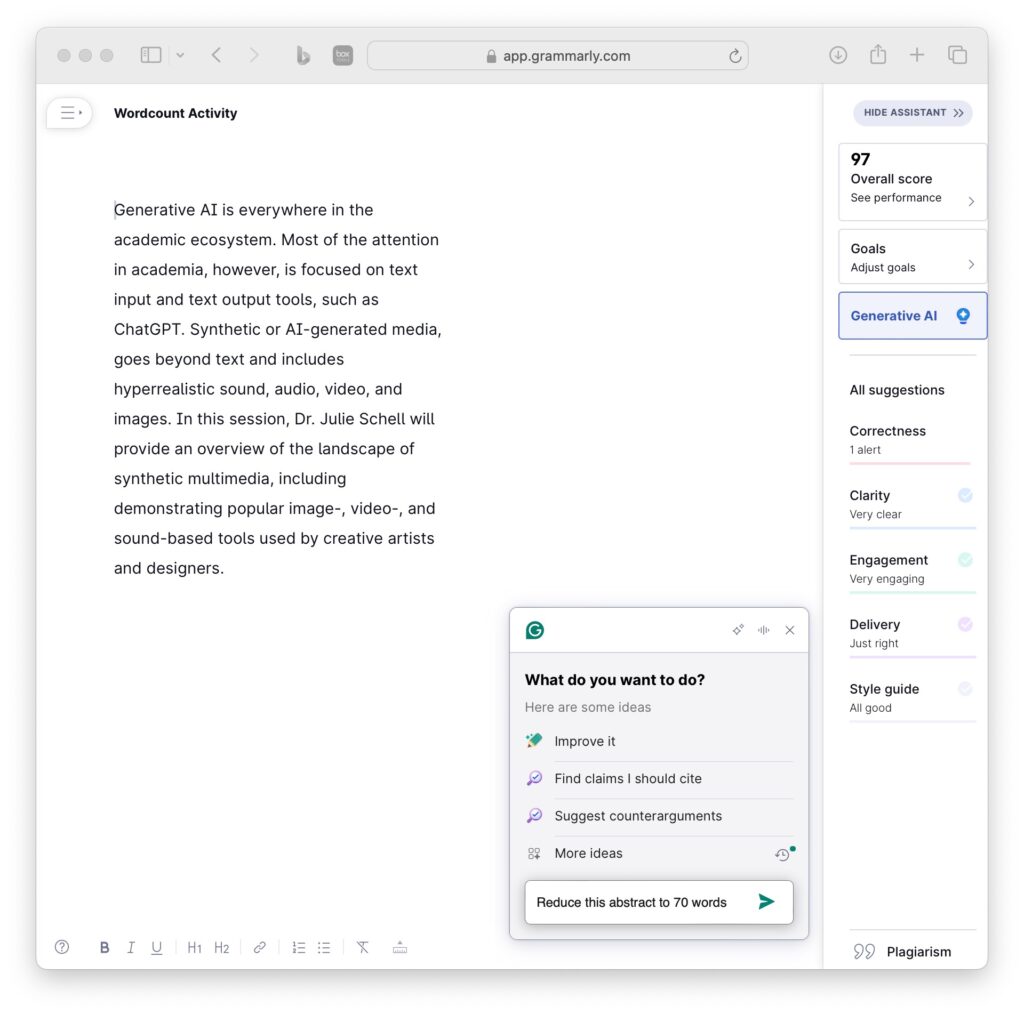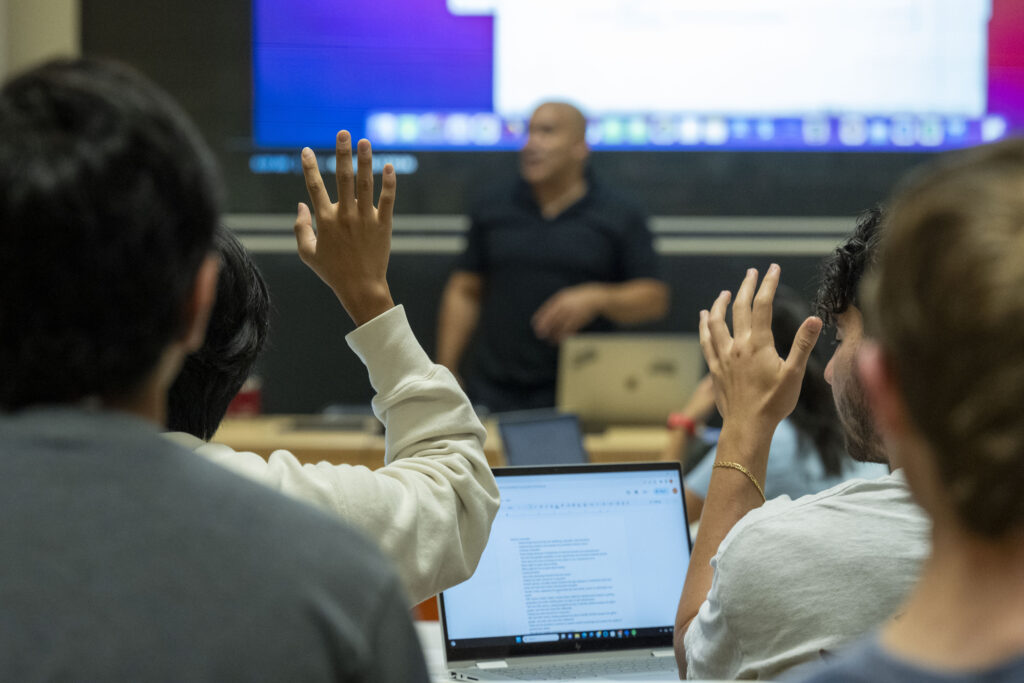The University of Texas at Austin partnered with Grammarly for Education, an AI-enabled writing assistant, to explore the implementation of generative artificial intelligence in a wide range of academic environments.
The project will be led by the university's Office of Academic Technology and in collaboration with the university's Year of AI initiative, and will be divided into two phases. First, there will be a testing phase where students, faculty and staff interact with her Grammarly's generative AI assistant. Faculty participants will design generative AI activities related to their field of work and test those activities with students and colleagues. Second, instructors create more detailed lesson plans to engage students in generative AI learning activities. All of these activities are vetted to meet UT's academic standards.
“We strive to participate in projects that impact higher education within and beyond Forty Acres,” said Art Markman, vice president for academic affairs. “We are in a time of great uncertainty surrounding AI and education. This is an opportunity to demonstrate how we can improve our understanding of AI.”

All project participants will receive a short-term Grammarly for Education pilot license. Training will be provided on Grammarly for Education and AI assistants.
Mary Rose Craycraft, Director of Customer Success at Grammarly for Education, said: “We know that leveraging AI to innovate while maintaining academic integrity and critical thinking is a key challenge that all educational institutions are currently grappling with. We look forward to working with UT to develop best practices that can scale responsible AI adoption across the sector.”
Projects like Grammarly adoption are carefully evaluated and vetted by the Office of Academic Technology through the Learning Technology Adoption Process (LTAP). LTAP provides a strategic and coordinated approach to data-driven adoption of academic technology, ensuring universities only adopt and promote tools on campus that align with the principles of effective teaching. This process protects students and faculty from the introduction of short-term technology or technology that is inappropriate for information security regulations.
Ultimately, collaboration and partnership between universities and emerging learning technology platforms will lead to decisions that are best for students, staff, and faculty. The Office of Academic Technology will advance AI at UT Austin by collaborating with those who best use generative AI tools through case studies and active feedback to engage both AI-responsible teaching and learning. That's what I'm aiming for.
“Our core generative AI strategy is to use evidence-based decision-making to drive the effective, promotive and responsible use of AI in ways that advance the University’s teaching and learning mission. ” said Julie Shell, assistant vice president for academic technology. “We are very excited to work with Grammarly to join her UT community and create generative AI activities and lesson plans that are vetted by UT faculty, staff, and students and are scalable with any generative AI tool. ”
To join the Grammarly project, sign up on the project's webpage. For any additional questions, please contact oat@utexas.edu.


